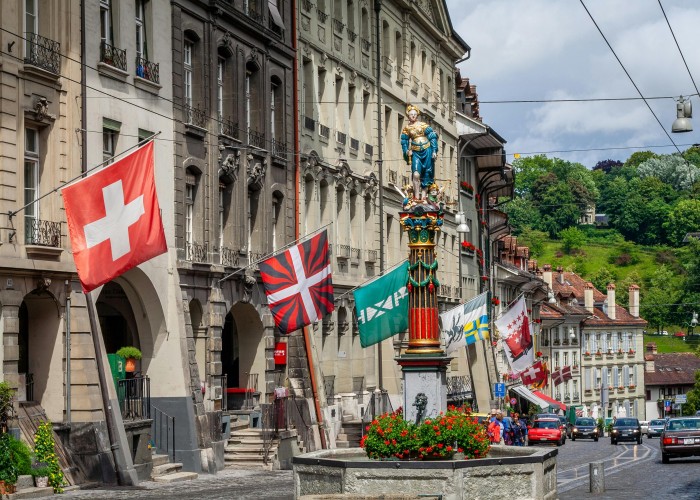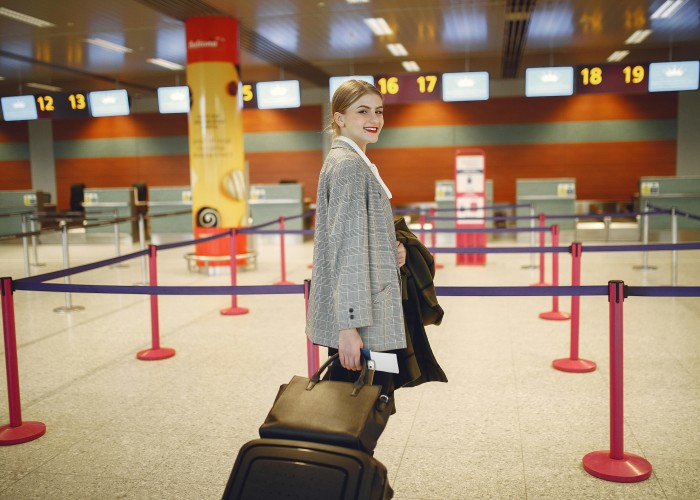Switzerland and Germany share many threads: the language, alpine landscapes, precision crafts. Yet beneath the surface, their cultural rhythms beat differently. If you’re planning a switzerland tour package or just curious about the subtleties, understanding these cultural differences can make journeys richer and more respectful. Cultural Differences Between Swiss and Germans.
This isn’t a holiday package pitch. I write about travel and culture to help you build your own path. If curiosity is your compass, the blog holds more journeys, or learn why this site exists here. For beginnings, explore the main site: switzerlandtourpackage.com.
Let’s unpack traditions, expectations, and the small but impactful ways Swiss and Germans differ—especially spoken by someone who just wants travel to feel as thoughtful as the views are beautiful.
1. Communication Styles: Subtlety versus Simplicity
Germans are known for directness. They say what they mean, often framed by clarity and purpose. That straightforwardness can register as brusque—but to them, it’s clear and to the point.
Swiss-Germans, in contrast, favor nuance and consensus. They’ll soften statements, weave in qualifiers, and avoid confrontation—even when expressing criticism. This style encourages harmony and group cohesion.
One Reddit observation captures the difference:
“Germans seek confrontation at work if they don’t like something. The Swiss seek to achieve consensus.”
Travel tip: In Germany, clarity is appreciated; in Switzerland, diplomatic language smooths connections.
2. Formality, Titles, and Politeness
Swiss culture places less emphasis on titles. In Germany, introducing oneself as “Doctor” or “Professor” is commonly expected—formal and informative. Swiss people, however, value action over accolade and often avoid flaunting titles.
Communication norms differ too. The Swiss maintain formality, especially in German-speaking parts. “Sie” is used until invited otherwise; greetings like “Grüezi” carry weight.
Contrast that with Germany, where first-name familiarity may arrive sooner, especially in urban contexts.
3. Punctuality and Order: Precision Embodied
Both cultures appreciate organization, but Swiss have an almost legendary reverence for punctuality and structure. Meetings start exactly on time, systems are followed, and rules are respected down to recycling routines or laundry schedules.
Meanwhile, Germans value Ordnung too—but are slightly more flexible. Swiss expectations are closer to perfection—or what travelers call “Swiss precision.”
4. Language and Dialects: Where German Becomes Swiss
Yes, both nations speak German. But Swiss-German frequently diverges from Standard German. Swiss German has unique vocabulary—words like “Chuchichäschtli” for kitchen cabinet, or “Föhn” for a warm Alp wind—are everyday language in Switzerland, even if unintelligible elsewhere.
Another quirk: the Swiss often use neutral articles for trams or SMS—which Germans might call “die Tram” otherwise. Even grammar shifts subtly: they may shorten sentences or drop expected clauses. Cultural Differences Between Swiss and Germans.
5. Humor and Interaction: Gentle vs Blunt
Swiss humor tends toward understatement—or a dry irony that’s gently teasing rather than blunt. In France-influenced regions of Switzerland, irony plays stronger, while Swiss-German jokes are more straightforward.
By contrast, German humor can feel more robust—direct, sometimes self-deprecating, and less layered around unspoken cues.
6. Community, Individualism, and National Identity
Swiss identity is shaped by neutrality and consensus. Direct democracy and strong local identity mean that Swiss often focus inward—even when cooperation is valued.storically expansive outlook.
One Reddit voice puts it well:
“When you think of precision, punctuality, orderliness, cleanliness and efficiency… these are virtues in Germany but in Switzerland they are more like obsessions.
7. Everyday Life: Small Rituals That Speak Volumes
Even daily habits diverge:
- Laundry and kitchens: Swiss apartments often come equipped; in Germany, you generally bring your own.
- Flag pride: Displaying the Swiss flag is common beyond sports season. ■ That level of national pride is less visible in Germany.
- Customer interactions: Expect polite greetings and a chat in Swiss shops; a blunt “Ich krieg ein Brot” may land awkwardly.
- Driving habits: Swiss drivers merge orderly and drive within limits; German drivers may treat limits as suggestions.
These small details matter—especially if you’re planning a relaxed vacation package to Switzerland that includes exploring local life.
8. Business Culture: Consensus vs Efficiency
In Swiss workplaces, decision-making is slow but inclusive. Consensus matters—everyone contributes, and once agreement is found, there’s strong commitment. Hierarchies are flat; success is shared. Cultural Differences Between Swiss and Germans.
German business culture tends to be faster, more hierarchical, and aimed at rapid delivery. Presentations are structured, meetings run tighter, plans are central.
9. National Pride and Symbols
Swiss celebrate cultural markers—watches, chocolate, festivals (like Montreux Jazz or Escalade), and local crafts—with quiet but visible pride.
Germany cherishes its traditions too, but celebrations often lean more nationally cohesive than canton-specific.
Why These Differences Matter for Travelers
- Communication: Start formal in Switzerland; be patient with consensus. In Germany, respectful directness is appreciated.
- Socializing: Don’t push for quick friendship in Swiss contexts; allow trust to develop quietly. In Germany, direct openness is easier to initiate.
- Daily etiquette: Follow rules like quiet hours, recycling in Switzerland—those matter. In Germany, adaptability serves well.
- Tours & Customization: Whether building your own Switzerland land tour package or joining a switzerland europe tour, these nuances add ease and connection.
Wrapping Up
At first glance, Swiss and Germans may seem interchangeable. But cultural subtleties shape how cities calm, conversations flow, and identity pulses through daily life. For travelers—especially those creating experiences like a swiss trip package or switzerland couple package—tuning into these differences enhances both connection and enjoyment. Cultural Differences Between Swiss and Germans.






Leave a Reply